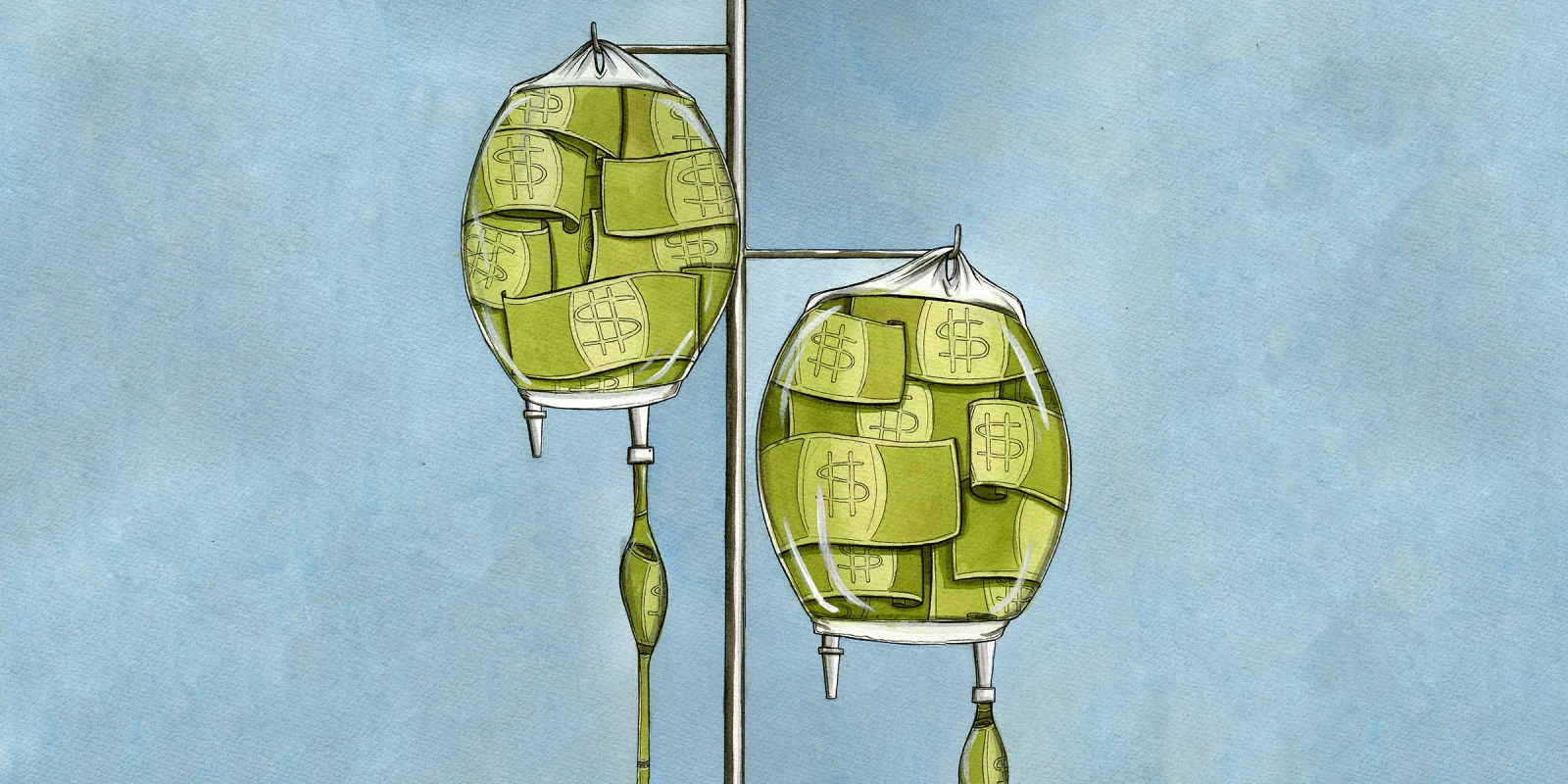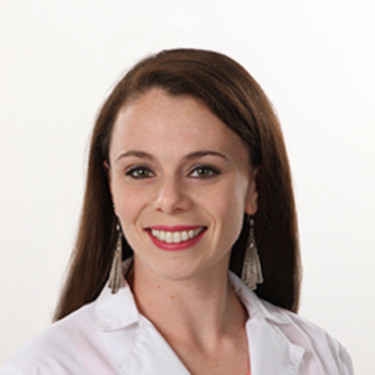Practicing emergency medicine in low- and middle-income countries (LMICs) has many inherent challenges. During the COVID-19 pandemic, the U.S. health care system had a brief taste of what it might be like to ration care and resources, but in LMICs, rationing resources is the daily reality. Having an ever-changing list of available supplies impacts the way medicine is practiced. While teaching emergency medicine in a large referral center in Rwanda, I was confronted with innumerable situations in which resource limitations altered the course of patient care.
While Rwanda has a national health insurance system, it is limited in what services are covered. In the ED, patients are triaged and examined in the usual fashion. Residents are trained to know what the standard of care is but are often severely limited in obtaining an ideal work-up. Patients must pay for their labs, imaging, and medications prior to physicians being able to order those things; therefore, much of the work-up and treatment needs to be tailored to what the patient can afford. Because many patients cannot afford what would typically be ordered in the U.S., we must select the labs that are most essential to making a diagnosis. For example, in a patient with suspected diabetic ketoacidosis (DKA), the diagnosis is often made purely off the presence of ketones in the urine. From there, an insulin drip cannot be safely started without knowing the potassium level, so we often will order just a potassium level, and not the full basic metabolic panel (BMP). Truthfully, practicing in this type of environment has honed my understanding of the pathophysiology of disease by forcing me to pick the one or two most important diagnostic tests or treatments, and consequently, it has made me a better physician and educator. But I also know it can be dangerous. Like in the previous case, ketones can be present in the urine without DKA, and the treatment for DKA is certainly not without risk.
On my recent trip to Rwanda, I had the opportunity to experience what it is like to be a patient in their health care system, albeit a skewed experience because I was working with the doctors caring for me. About two weeks after my arrival, I was teaching students how to use a pulse oximeter by demonstrating on myself and found I was mildly hypoxic. I kept an eye on my oxygen saturation for a couple more weeks, watching it dwindle into the 80s while I became progressively more short of breath. After careful consideration, I decided to get worked-up a few days before returning to the U.S., fearing acute decompensation in an airplane with no access to health care.
As a probably very intimidating learning experience, I invited my medical students to evaluate me as a patient in collaboration with one of their other preceptors. Together we developed a differential diagnosis, with pulmonary embolism (PE) at the top of the list. Knowing I would have to pay cash for my work-up, I felt a CT angiogram of my chest would be of highest yield as it would also evaluate the lung parenchyma for alternate causes other than PE. The precepting doctor insisted I get a BMP to check my creatinine before the CT as well as a complete blood count to evaluate for anemia and an EKG. My students added on a D-dimer for their own curiosity. All my tests were normal. Moving down our collective differential, I suspected I might be having methemoglobinemia as a side effect of the malaria prophylaxis, which couldn't be tested for in that hospital.
After a thankfully uneventful marathon flight back home, I called my PCP and told her what work-up had already been done and sent her copies of the results. The first thing she did was re-order all the tests I already had done, including the CT scan, just to confirm the first results were accurate. I pushed back on the extra radiation but agreed to the labs. Of course, they were all still the same, normal. Next, she sent me for pulmonary function tests and to see a pulmonologist. When I saw the pulmonologist, I asked him to order a methemoglobin level and an arterial blood gas, which confirmed the diagnosis. My PCP called me the next morning with the results and wanted me to go straight to the ED for treatment. Knowing that my level wasn't high enough to warrant the treatment, methylene blue, I asked a colleague to repeat the methemoglobin level to confirm it was downtrending off the malaria drugs, which satisfied me that I would get better on my own and allowed me to avoid an unnecessary and costly ED encounter. My PCP still wants me to see a geneticist and get a cardiac work-up just to be sure there is nothing else going on.
The contrast between ordering only the bare essential tests in Rwanda and ordering duplicative and unnecessary tests in the U.S. surely has something to do with the excessive cost of health care in the U.S. If I weren't a physician myself, I wouldn't have known why my doctor was ordering all these tests or whether they were truly necessary. I would have had an unrevealing repeat CT scan (with extra radiation) and ED visit to pay for (I have very high deductible insurance). In all fairness, though, my PCP is not practicing anomalously. When I am working in the ED in the U.S., if a patient is sent to me for an abnormal lab at an outside facility, I almost inevitably repeat it just to double check, and also to have the result show up in our EMR system so other doctors will believe me when I go to admit the patient. Because we don't know the cost of the care we are providing, and because we don't have to discuss costs, or our reasoning, or even what tests we are ordering with patients, we often order potentially excessive tests, "casting a wide net."
My work-up in Rwanda cost less than $300, but I'm certain my work-up in the U.S. will be several thousand dollars (I'll find out in a few months when I get dozens of bills). There are multiple contributing factors to this American habit of excessive testing, including fear of being sued, laziness, not having enough time to truly think through a differential and work-up before ordering it, and, honestly, ignorance of the costs. Costs are not standardized between hospitals or across insurance plans, thus making it impossible to even guesstimate them. Cost and judicious resource utilization is therefore not a component of our medical decision-making. Furthermore, as EM physicians, we pride ourselves on treating every patient equitably regardless of ability to pay, which is essential from a social justice perspective, but still has significant downstream effects on the health care system. When patients can’t pay and don’t have insurance, the hospital loses that money, ultimately driving up the costs for all patients. It is becoming increasingly evident this system is not financially sustainable. Surely there is a balance between the LMIC approach of bare-minimum testing and treatment and the aggressively indulgent over-ordering we are accustomed to in the U.S. There are many opportunities to improve the cost of health care, but we must first acknowledge our resources are in fact finite.
What are your thoughts on how resources are used in the U.S.? Share in the comments.
Dr. Jenny Jones is a global emergency physician in Massachusetts. She enjoys dancing, aerial arts, and drawing silly anecdotal cartoons. She is a 2023–2024 Doximity Op-Med Fellow.
Image by Fanatic Studio / Getty Images







